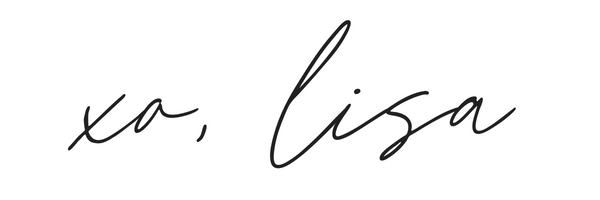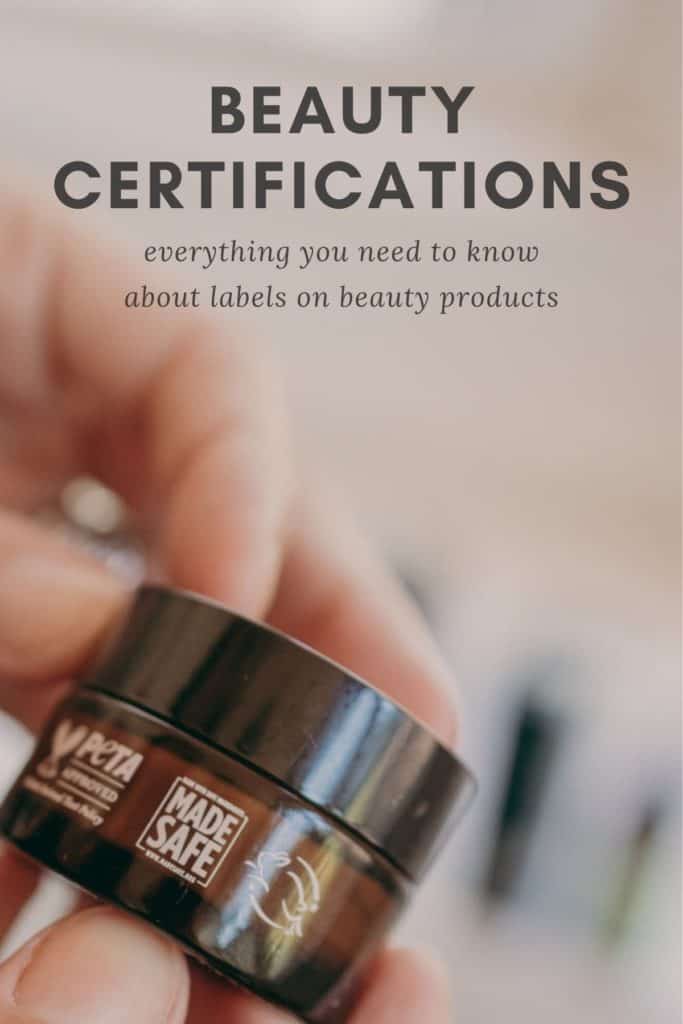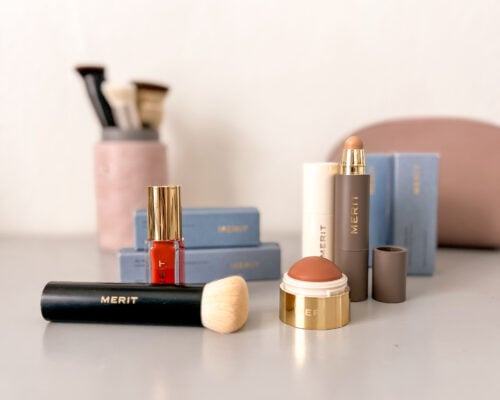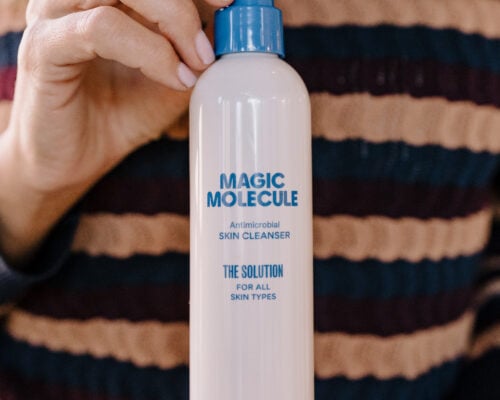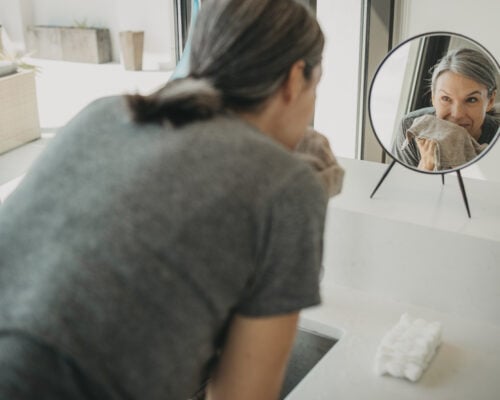We’ve already established that beauty certifications are, in a word, complicated. While we sorted through allllllll the details of what each certification (or verification) means, we also started wondering how brands themselves choose a certification. So, we asked them. Like, a lot of them.
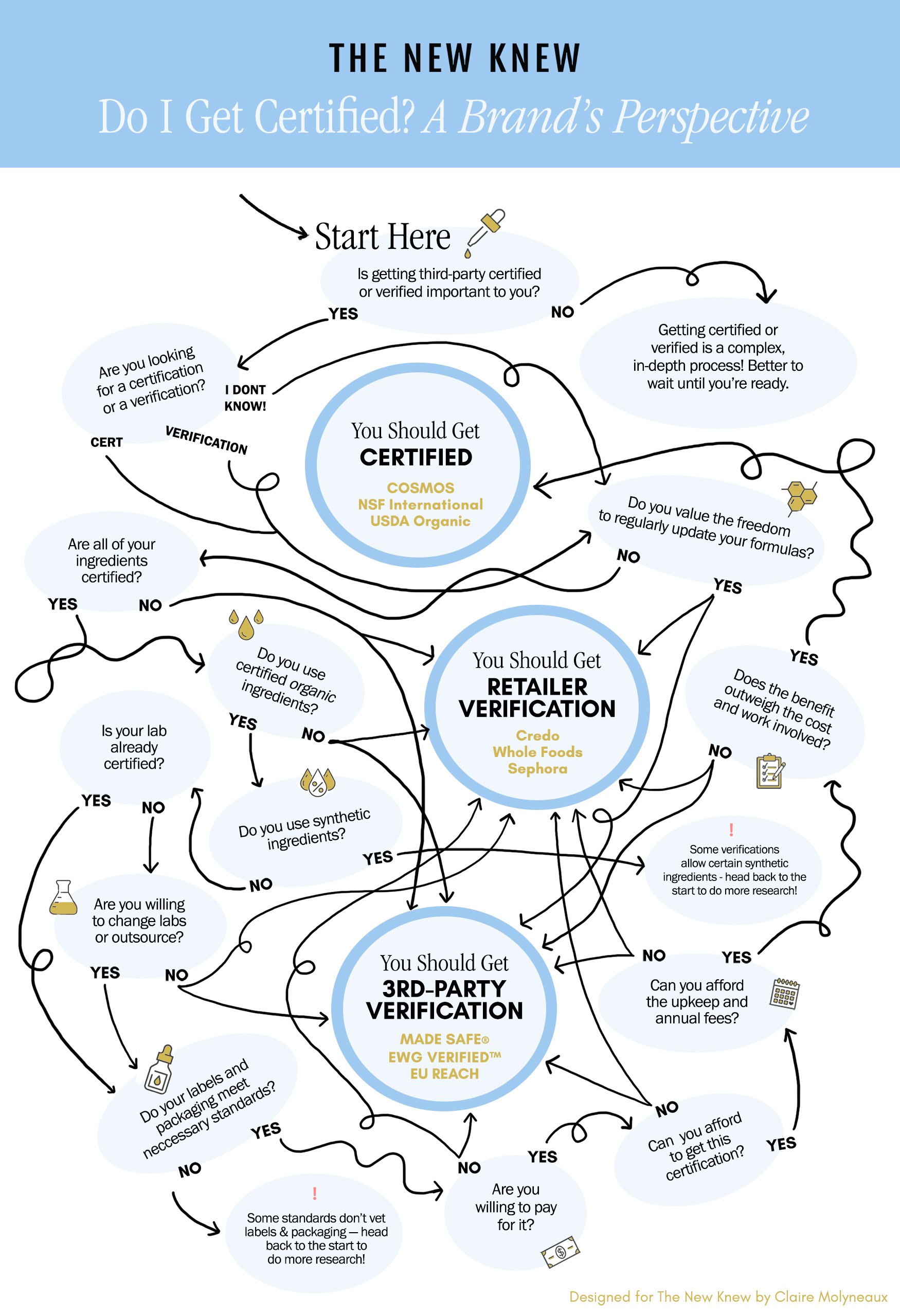
Written By: Lisa Fennessy and Nicolle Mackinnon, with support from Emily Barth Isler.
Graphic Design By: Claire Molyneaux.
Let’s start with this caveat: Just because a brand isn’t certified (USDA Organic, NSF, COSMOS) doesn’t mean it isn’t also doing everything you might want it to be doing, like using high-quality, safe, well-farmed ingredients. And just because a brand has a certification, that doesn’t tell you absolutely everything either.
After taking a deeper look at the most popular certifications, we were left wanting to know more about why brands pursue the certifications they do….or don’t.
Because when it comes to certifications, there are so many things to take into consideration like:
- Is this important to me?
- Am I looking for a certification or a verification?
- Do I value the freedom to regularly update my formulas?
- I work with small ingredient producers who aren’t certified—can I even get a certification?
- Do I have to pay for it?
- Does the benefit outweigh the cost/work?
- Can I afford the upkeep/annual fees?
- Do I use ingredients that can be certified organic?
- Do I use any synthetic ingredients?
- Does my lab offer this certification?
- Would I have to change my labels/packaging?
- Would I have to change my lab/outsource?
- Would I have to change my formula?
RELATED: Read TNK’s full guide to beauty certifications (we did the work so you don’t have to!), and our article on natural vs. synthetic beauty ingredients.
The point is, what a brand values comes into play here big time and we wanted to know more about what this actually looks like. So in an effort to peel back this giant onion, we asked several brand founders to weigh in on what standard they chose (or didn’t) and why. Here’s what they said.
How brand founders choose beauty certifications
Hillary Peterson, founder of True Botanicals, on going with MADE SAFE®
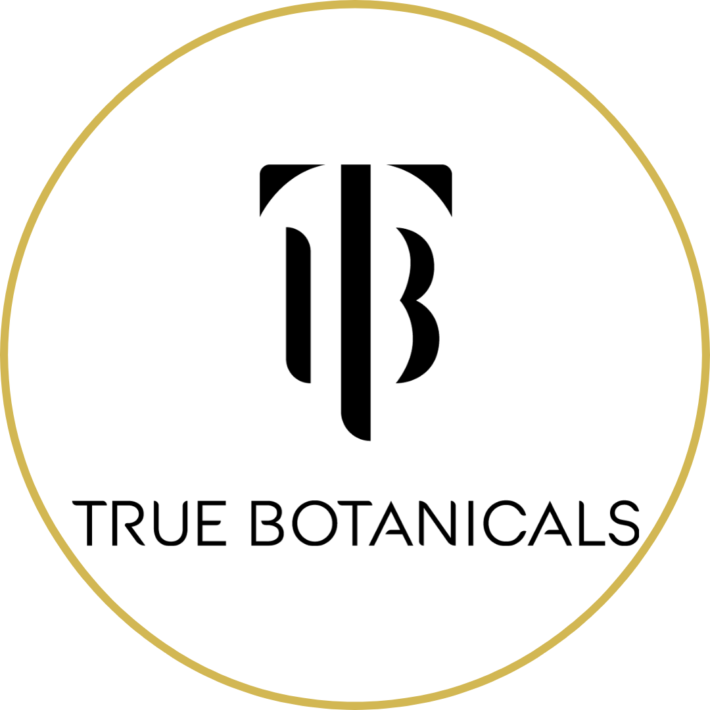
“We decided to pursue the MADE SAFE® certification [for True Botanicals] because it’s the most comprehensive safety and sustainability standard available. We are proud to be the first brand in the world to MADE SAFE® certify every single product. This certification doesn’t rely on self reporting, which is very unique. They are looking into each ingredient and sub ingredient to assure product safety and I believe that this level of transparency is what is going to help build trust in products.”
Sarah Villafranco, founder of Osmia Organics, on not getting certified
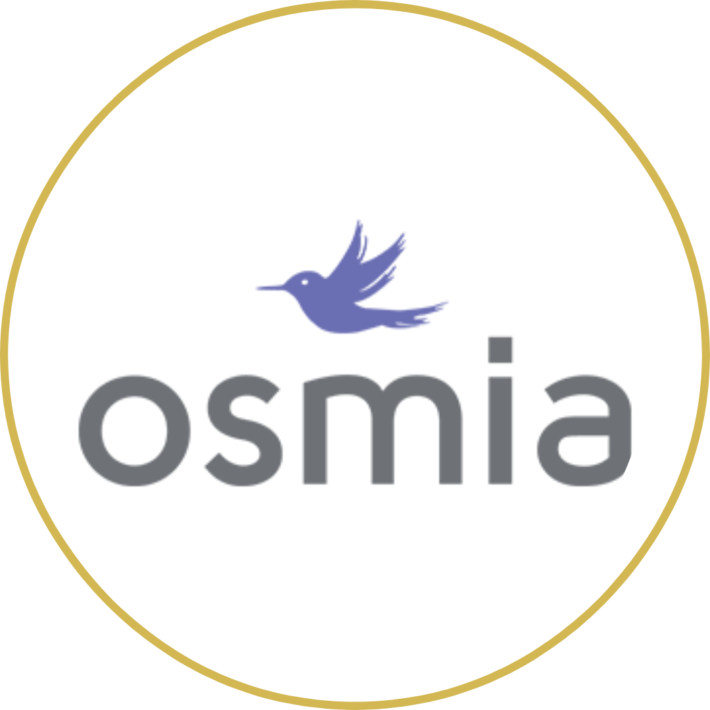
“When I first started Osmia in 2012, the certification options were fairly limited. The USDA organic certification was the most interesting to me at the time, since we use so many certified organic ingredients. But it’s a food program, and people aren’t supposed to eat soap and face serum. So, I didn’t pursue USDA certification because I thought a skincare-specific certification might be more appropriate.
Since then, a few great options have come up, but it’s not clear to me yet which certification would be the right fit for our brand, and I don’t feel the need to get certified just to get certified. I think our reputation for using quality, organic ingredients is solid at this point, and those standards have not (and will not) change. So, for now, we’re formulating to NSF and/or Ecocert standards, and when the right certification partner comes along at the right moment for the brand, it will be a great opportunity to represent a set of standards that we’ve been meeting or exceeding since the day we launched the brand.”
Laura Xiao, founder of Henné Organics, on choosing the USDA Organic Certification
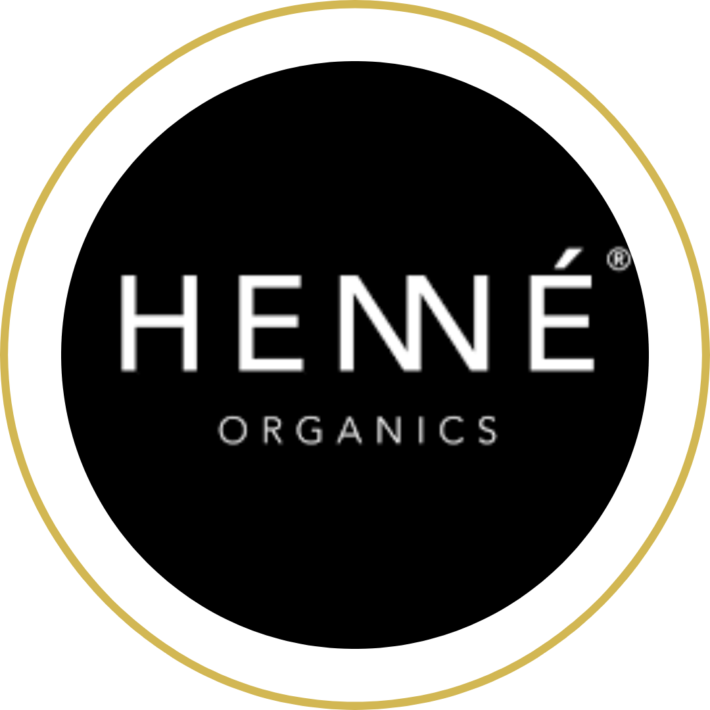
“When we first decided to launch Henné, I wanted to be certified organic right from the start, so I applied for USDA organic certification before we even launched. Since I didn’t come from the beauty or fashion industry, at the time, I felt it would be helpful in establishing trust in us as a new brand. Fast forward to now, I’m still glad that we have organic certification and plan to continue having the certification, but I’ve learned during the past years that it’s not always a perfect fit at times, and I can see why some brands choose to get certified while others choose not to. Since we are USDA certified, there are some ingredients that are completely natural and safe but are not yet approved/in their database, which is why some of our products can’t be certified organic, despite them being organic/natural/non-GMO and being well over the 70% requirement.
USDA is very strict when it comes to not just the products but the manufacturing practices, which is a pro overall (everything from the manufacturing process to the packaging used), and when it comes to certifying ingredients, despite certain ingredients not being in the database, overall I’ve discovered that USDA is more strict when ingredient vetting than some of the other certifiers. It’s mostly a good thing, but of course at times it can be hard to get an ingredient approved for that very reason.”
Jessica Assaf, co-founder and chief education officer for Prima, on getting EWG VERIFIED™
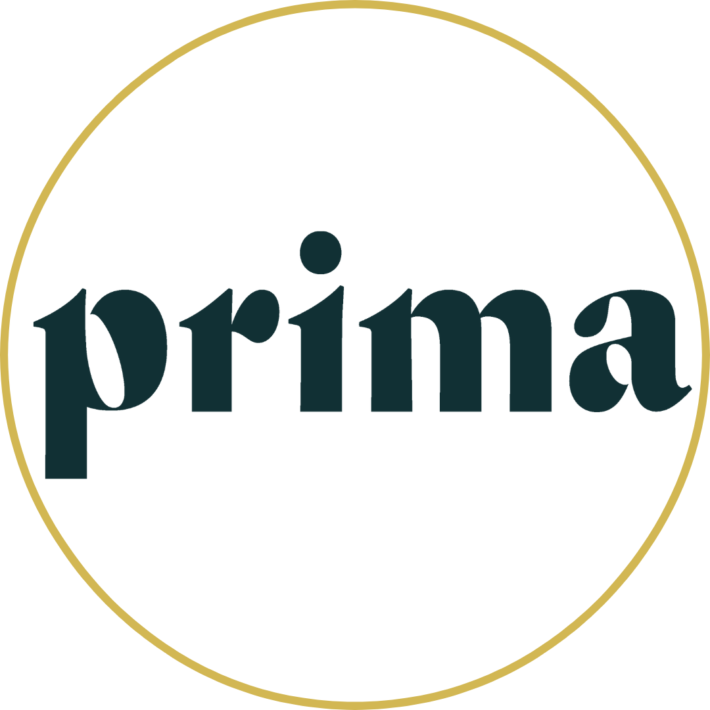
“We chose the EWG VERIFIED™ mark [for Prima] to bring safety and credibility to the new and emerging CBD industry. All three founders have a long history with the EWG, spanning over thirty years collectively and we’ve worked with the EWG leadership team throughout our careers. As the first CBD brand to be EWG VERIFIED™, we helped to co-develop their CBD standards and point of view. With the most comprehensive restricted list of ingredients, we’re proud to align with the EWG and create products that put consumer health and safety first.”
RELATED: How to read sunscreen labels and a guide to buying CBD oral products.
Abbott Stark, co-founder of OGEE, on NSF certification
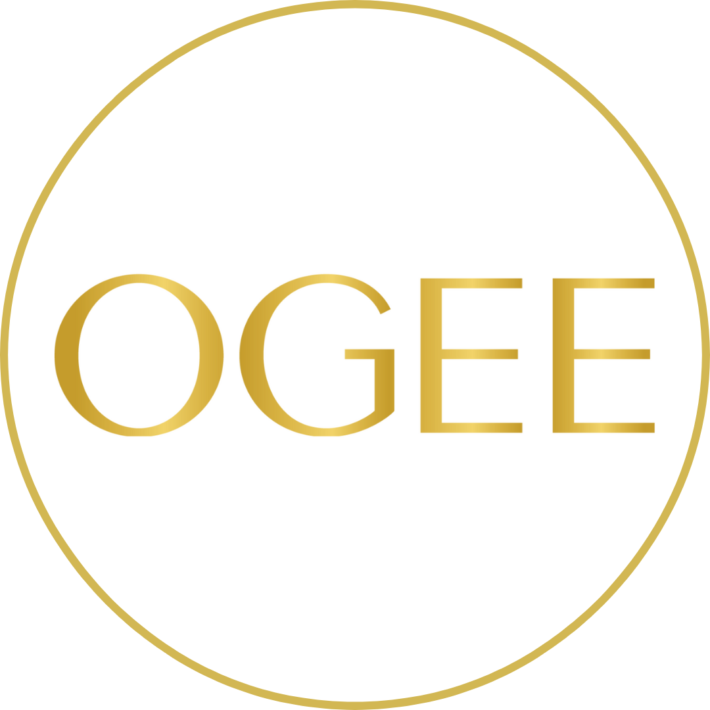
“We chose the NSF Certification [for OGEE] because it was designed to respect the USDA Organic National Organic Program guidelines AND make considerations for the unique needs of beauty products—i.e. that products need to be preserved for consumer safety AND that there are not enough organic feedstocks or certified processors to make some of the unique cosmetic materials, such as emulsifiers and clinically effective ingredients. Also, many color products use natural mineral pigments, which are not allowed under the USDA standard. So, it brings together the best of both worlds: the stringency of a TRUE organic certification AND the clinically effective ingredients. Since all of our products are certified to the standard, we are one of the only brands with such a high certification, which is why we say ‘Beyond Clean Beauty’!”
Allyson Owens, founder of Pleni, on why they chose MADE SAFE®
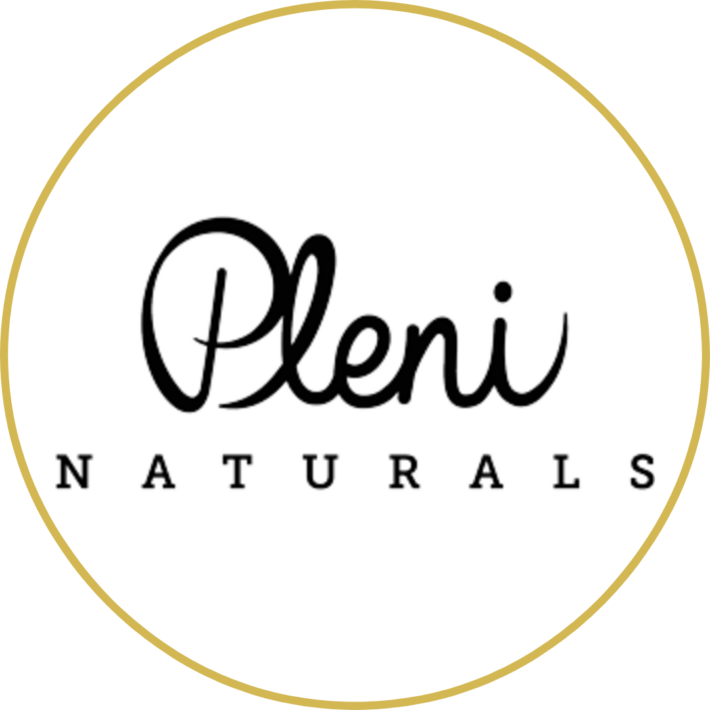
“We chose MADE SAFE® [for Pleni] over other certifying options because we feel they have the most scientific and rigorous screening process! MADE SAFE® has a banned list of 6,500 prohibited ingredients and that is just where they begin. MADE SAFE® not only screens all ingredients that are found on a product label, but they also screen all sub ingredients and things that could be ‘hidden’ such as GMOs, pesticides, byproducts of ethoxylstion, preservatives and synthetic biology. Another part of MADE SAFE®’s methodology that is important to us is their 360 degree ecosystem approach—they not only look at ingredients that harm our health, but also the health of aquatic, soil and terrestrial life. We really need to think about what happens to the products we use when they are rinsed down the drain or sink. We also need to realize that what is on the product label does not tell the whole story about what is actually in a product and we can only trust brand marketing so far. A third-party seal definitely helps with consumer trust and transparency.”
Stephanie DiPisa, founder of Solara Suncare, on pursuing EWG VERIFIED™
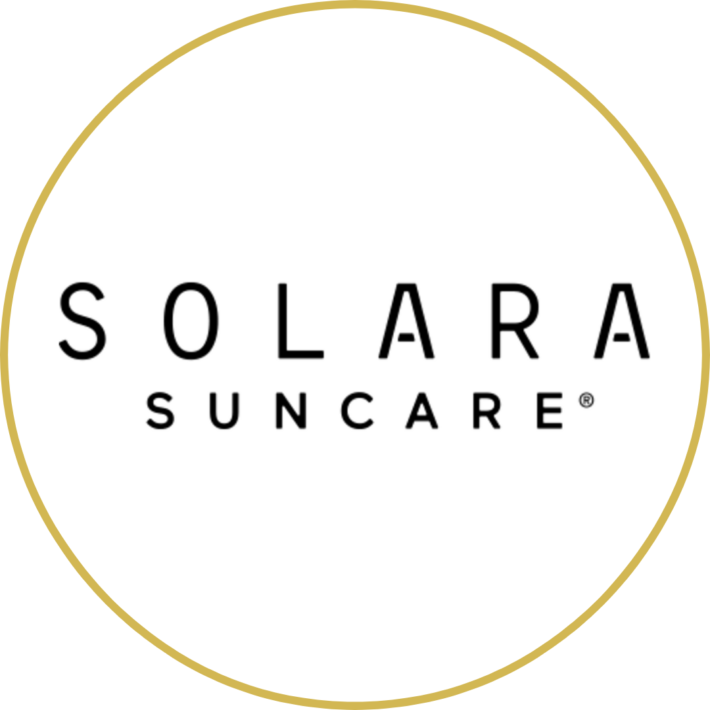
“The EWG is one of the most trusted, research-backed organizations that shines the light on ingredients of concern in our everyday products and food sources. Knowing that ‘clean’ has transformed into a marketing buzzword, for my brand, it was important to go through the extra steps of becoming EWG VERIFIED™ because it offers [Solara] customers a trusted, third-party credential to support our promise. Through the verification, our customer can be assured that each of our ingredients has been thoroughly vetted for safety and sourcing, and that we are truly what we say [we are] when it comes to safe and conscious sunscreen formulations.”
Michelle Ranavat, founder of Ranavat, on seeking the USDA Organic Certification
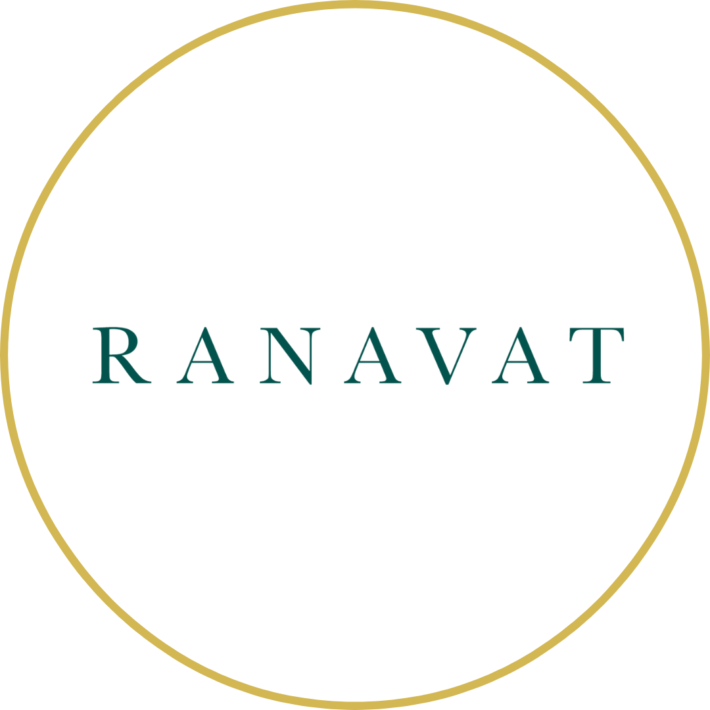
“I chose to go USDA organic for the Hair Serum and Jasmine Mist because the ingredients are such a big part of the experience and why the products work so well. Having only 3 and 1 ingredients respectively, I needed to make sure the purity was underscored. Also since we source from India directly, I wanted to ensure that the standards [in] India and here were the same—we use an Ecocert certified farm and manufacturer—and that really made the auditing process very straightforward because all of the documentation and protocols were already implemented.”
Suzanne LeRoux, founder of One Love Organics, on building their own ECOCERT lab
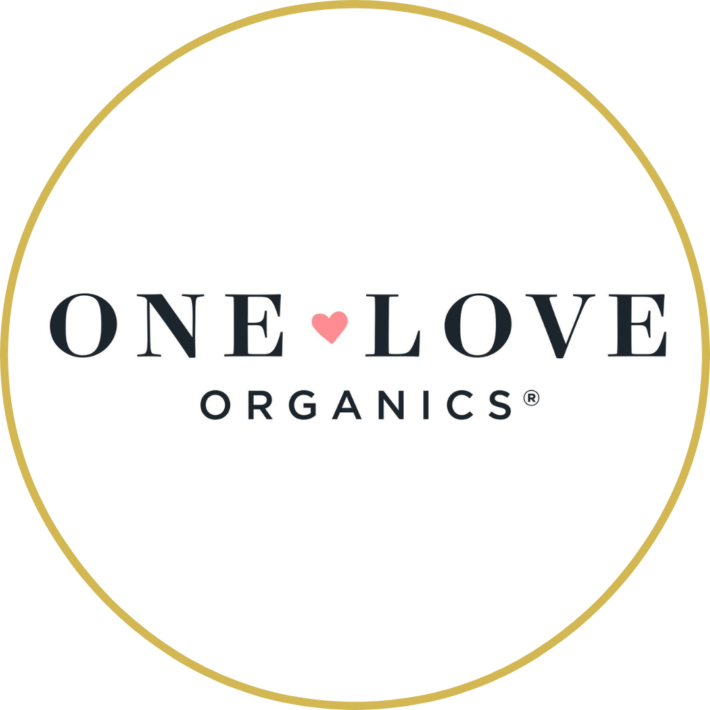
“We built our [One Love Organics] lab in the golden isles of Georgia. We have a system in place in order to achieve and maintain certification that tracks ingredients from source to finished formula, ensures the freshness and organic and/or natural origin of each ingredient and finished formula, ensures that we only use recyclable packaging, that we have sustainable manufacturing methods to reduce waste and encourages the recyclability of everything we use in our facility—including paper. Our cleaning agents and even pest control methods must also be approved as well. We are physically inspected and audited each year by our certification officer. It’s quite rigorous and not only covers the products themselves but also our business practices, including how we market the products as natural and organic as well. I can honestly say that I will purchase anything with confidence that has an ECOCERT/COSMOS seal after working with them for the past six years. They are ethical and thorough with every detail!”
Tata Harper, founder of Tata Harper, on getting ECOCERT/COSMOS Certified
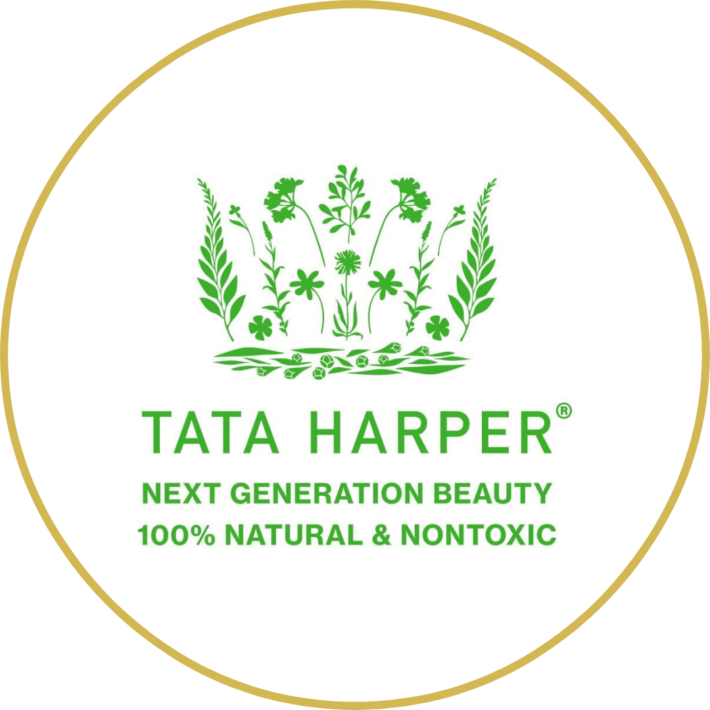
“ECOCERT has the highest standards, they look at every aspect of a company, their facilities and their products. They look for companies promoting the use of products from organic agriculture, and respecting biodiversity, and using natural resources responsibly and respecting the environment. They also make sure companies’ processing and manufacturing are clean and respectful of human health and environment. We believe in this certification [for Tata Harper] for many reasons, including the fact that it provides real transparency for our customers and takes the guesswork out of choosing clean products.”
Katharine L’Heureux, founder of Kahina Giving Beauty, on getting ECOCERT/COSMOS Certified
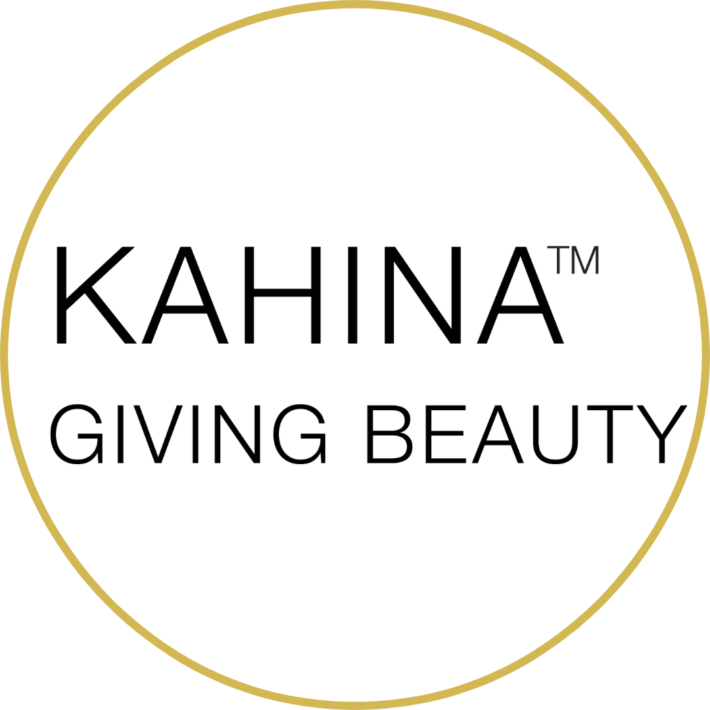
“We chose to be certified [for Kahina] by ECOCERT/COSMOS because they are respected and recognized around the world. Their natural and organic standard thoroughly vets not only the ingredients in the formulation, but every step of the manufacturing process, including packaging components, to ensure the environmental sustainability of the finished product.”
Susanne Norwitz, founder of Maya Chia, on choosing no certification
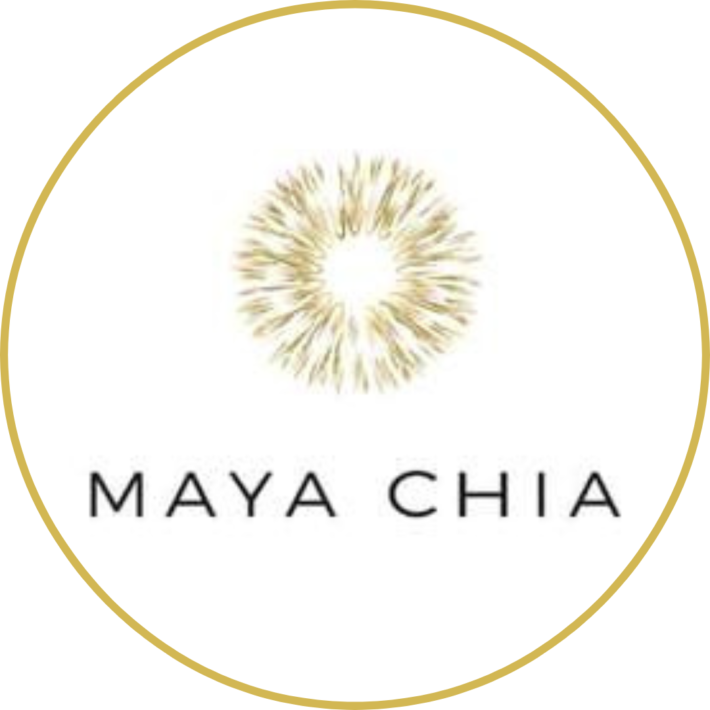
“We love to use organic whenever and wherever possible [for Maya Chia]. But getting the organic certification can be highly cost prohibitive for many of the smaller growers we work with—so there are instances in which we make the conscious decision to work with some growers who may not always have the expensive organic certification, but the raw materials must come from a highly trusted and respected source. I prefer to have the freedom to formulate without certain limitations—outside of the clean beauty guidelines that are my guard rails, which have become industry standard. We use ECOCERT/COSMOS ingredients when we can, as I think that is one other quick added assurance for consumers. And that is always a nice bonus.”
Julie Longyear, founder of Blissoma, on not pursuing a certification
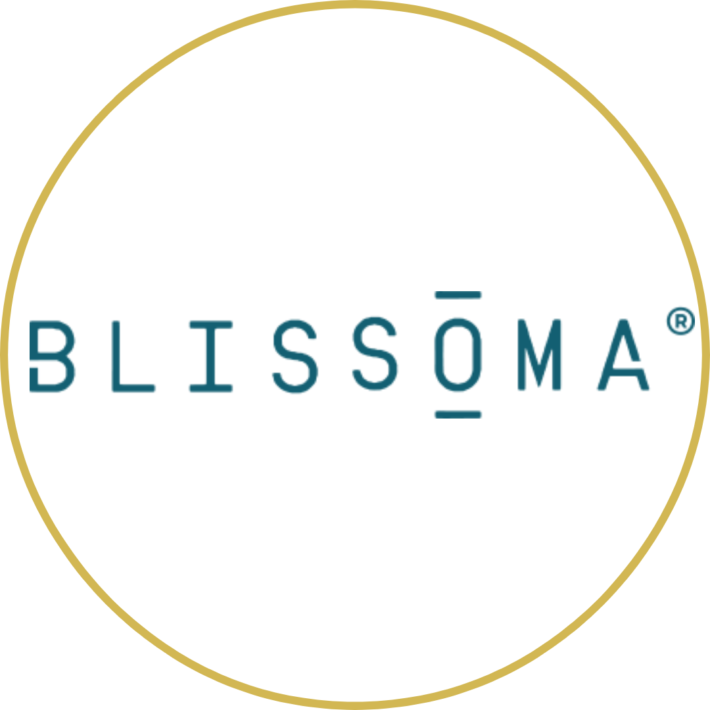
“The most important thing is for customers to feel they can trust the companies they buy from. If certification helps them feel trusting, then that is great. Personally I think there are other ways to build trust that may be more affordable and less stressful for small companies. So far we [Blissoma] operate in ways that would allow us to get certified relatively easily if we chose to, but have so far not had the labor and budget available to manage that additional layer of complexity. Our client base cares about ethics and purity, but they also know us. We do our best to communicate about the measures we are taking to live our values. So far that has been enough.
To certify or not is a tough decision for many smaller companies. From my perspective the answer is much more clear-cut for larger companies. They have the person-power and the budget, and therefore more obligation to prove their dedication to the values they claim for their sales purposes. For smaller companies, it is a much more personal decision and can reflect a commitment to a certain method of doing things. If that smaller company believes that their client base will respond favorably or they just feel strongly about supporting a certain system then it becomes worth it. Building trust is certainly very important and certification is one way to do that.”
Heather Hamilton, founder of Zoe Organics, on choosing USDA Organic Certification
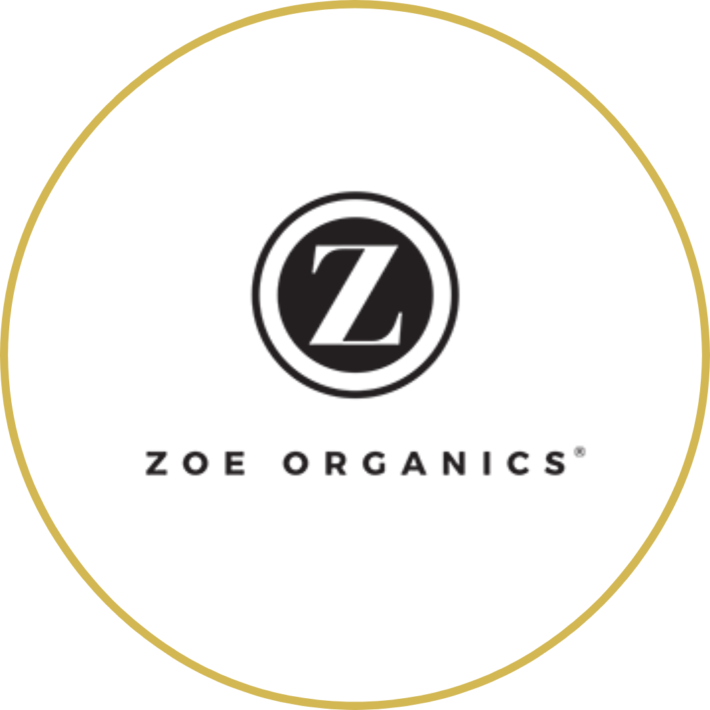
“When I started Zoe in 2010, my mission was to only use certified organic ingredients. Natural was great, but I felt that going the extra steps to use certified organic would not only set us apart, but, as our brand mission states, we want ‘to eliminate unnecessary toxins from our bodies and the environment.’ As a baby brand, we didn’t have the resources to obtain organic certification as a processor, but starting in 2015, with our launch into Target, we outsourced manufacturing to USDA organic certified labs and we were able to obtain USDA organic certification for our formulas.
We are now back to doing everything in house because we have more capacity and feel strongly that we need to have control over the entire process and direct relationship with our supply chain. We work with really wonderful suppliers, whose standards and practices we really trust. We keep organic certificates and COAs from each ingredient we source. We have begun the process of getting our own facility USDA certified, but we are not currently a USDA certified handler, which is why the USDA seal has only been on labels that were produced by the USDA certified labs.
As far as choosing a certification—we give most weight to USDA or COSMOS. Because we are really into organic farming and agriculture (we have plans to begin farming some of our own organic ingredients in the next year), this has made the most sense for us. If you look at our ingredients lists, you will see that all of our natural ingredients are very straightforward and the USDA organic certification is relevant to the raw ingredients we use.
From a brand perspective, when you are small, having that USDA seal can help set you apart and give you some credibility (especially for new customers unfamiliar with your brand) when you are sitting on the shelf next to brands making false claims and greenwashing. On the other hand, certified or not, it really comes down to your brand’s practices and processes! Who are you sourcing your ingredients from, and are the ingredients grown ethically, without the use of harmful pesticides? How are they processed? First and foremost, it is about the integrity of the ingredients for us, and the USDA organic standards, while not perfect, are a good place to start.”
Dr. Isabel Ramos of Ayuna, on not choosing certification
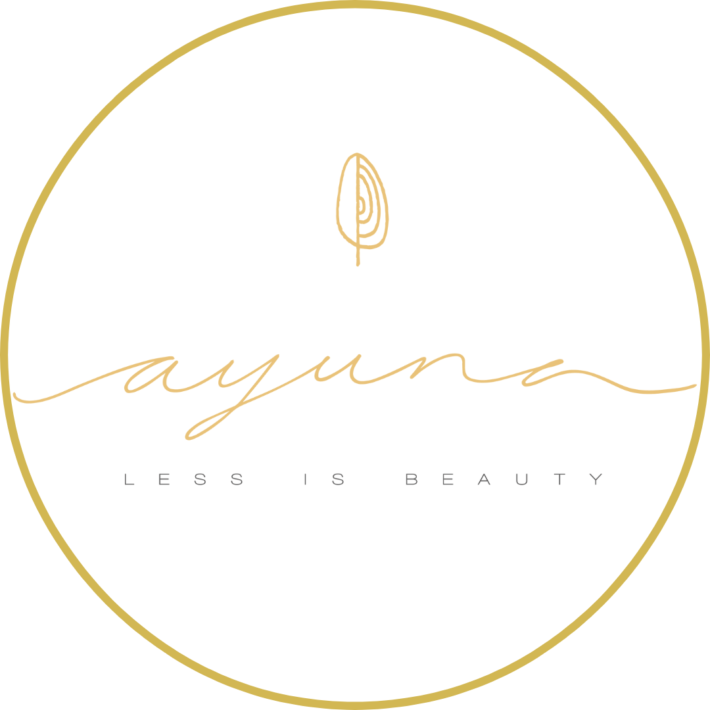
“Cosmetic certification is a topic which we have deeply analyzed and we understand the landscape of different entities does not really make it easy for the consumer.
Many brands we love have chosen to get certified with the EWG VERIFIED™ mark, among them MyChelle, Solara and some Ever-eden products, as well as green beauty retailer Follain’s own line.
Most of the certifications available in the market are considering the naturality of the products, for example Ecocert, Natrue or ISO 16128; they focus on natural origin and organic origin. There are some differences in criteria and how to count or consider the naturality of the formulation and ingredient, and to my point of view they are not really reflecting easily differences in care taken of the formulation as a whole (as an example of that, in some types of certifications, purified tap water accounts the same to total naturality as using a botanical water).
Regarding MADE SAFE® or EWG VERIFIED™, they are pushing knowledge of consumers on the selection of ingredients and they [do] a good job, they are focused not only on cosmetic industry but in all types of industries, and they do not focus on the naturality of the formulation.
For some brands [that] focus clearly on those specific issues, they can either choose one type or the other of certification and they help consumers not to read the label, even though as mentioned before they do not provide an absolute way of understanding the products and tend to have a mass market position.
However, for a brand such as Ayuna, which cares not only on one of this angles, but in much more aspects, such as naturality and cleanliness and respect and positive understanding of beauty, we so far could not find in the certification landscape an option that which really defines what the brand is providing. In our case we believe more in trust of specialized curators as selectors of excellence, such as for example Beauty Heroes or specialized retailers.“
Shirley Pinkson Manas, co-founder of WƎLL PEOPLE, on choosing EWG VERIFIED™
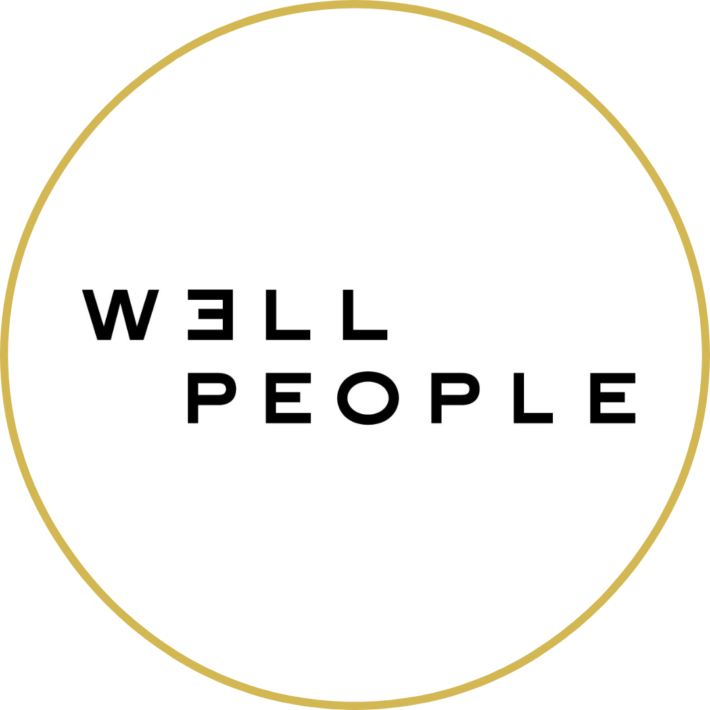
“What we are so proud of at WƎLL PEOPLE is that everything that we do is driven by our dedication to our consumers’ well-being and our environment. It’s one of the reasons why we choice to become part of the e.l.f. Beauty family as the team is so committed to listening to our consumers and meeting their needs and desires. The EWG VERIFIED™ status on our products is a coveted seal that reinforces the extraordinarily high ingredient standards that we use when developing our products and this fuels our innovation. The EWG has had their eye on chemical safety (and our health) since 1993! Their scientists, policy experts and data teams have been challenging the status quo ever since this time to make better choices for you. That said, WƎLL PEOPLE also chose to team up with the EWG as we are aligned in our mission of making ingredient transparency and your well-being a priority, so joining forces with the EWG came ‘naturally.'”
Becky Blüh, founder of BLÜH ALCHEMY, on not having a certification
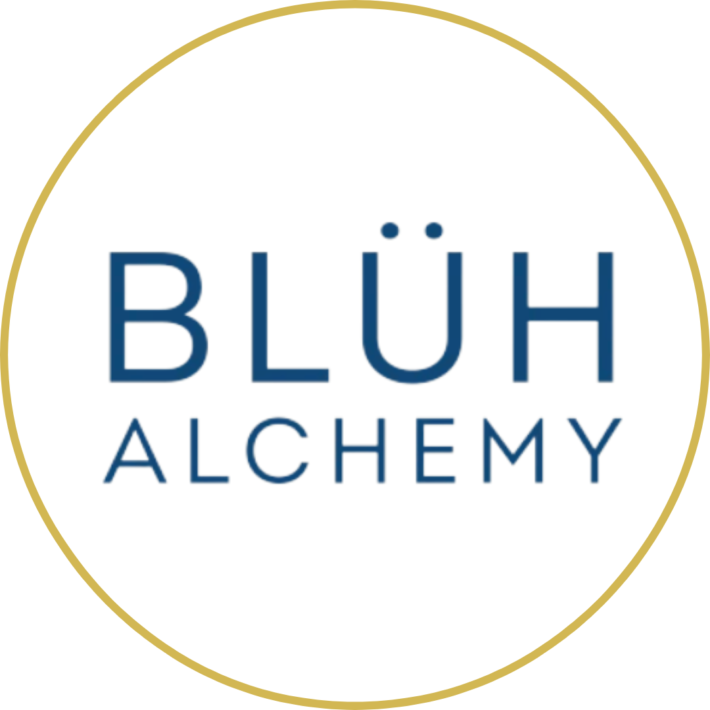
“We [at BLÜH ALCHEMY] are steadfast in our commitment to support organic and sustainable farms and to buy from ethical sources that uphold fair trade practices and empower growers from around the globe. However, the cost of obtaining organic certification for both small farmers and businesses is often prohibitive. We focus on sourcing the highest quality, freshest ingredients, which include plants that are wild harvested, certified organic or grown without the use of pesticides. Our products do contain a high percentage of organic ingredients, usually no less than 90% which is denoted with an * on the ingredient list.”
Tara Foley, founder of Follain, on choosing EWG VERIFIED™
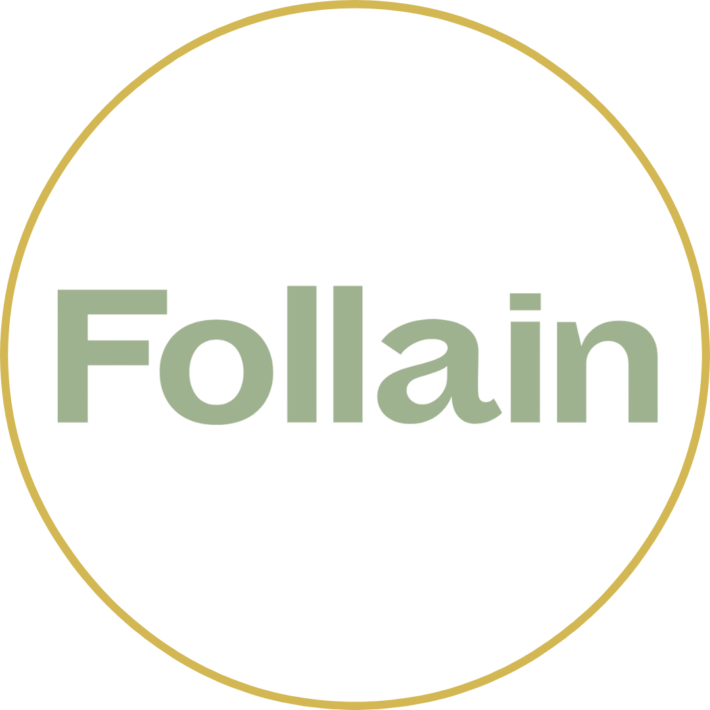
“The reason why we chose EWG VERIFIED™ is that we believe it’s the highest standard for environmental health. As a brand and organization, environmental health impact is of the utmost importance to us. We believe that EWG is at the forefront of the constantly evolving science and research in this area, due to their own in-house research as well as their aggregation of the newest global studies, to power their Skin Deep Database. We also appreciate that this verification helps support not only their research but their related advocacy work in Washington, and beyond.”
We’re so grateful to the brands we interviewed for their responses! And if this is all feeling a little foreign to you, be sure to check out our first certifications post, complete with a downloadable pocket guide for handy reference.
What certifications do you look for or do you care if a brand meets third-party standards?
